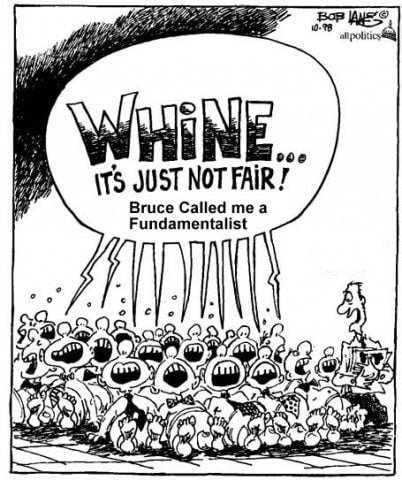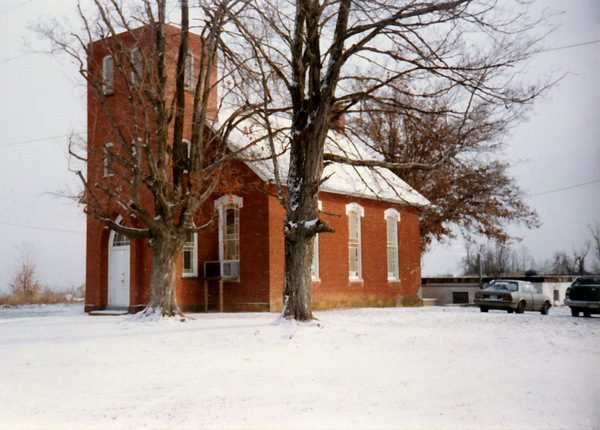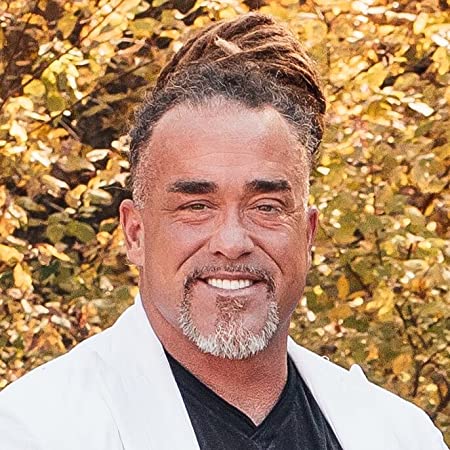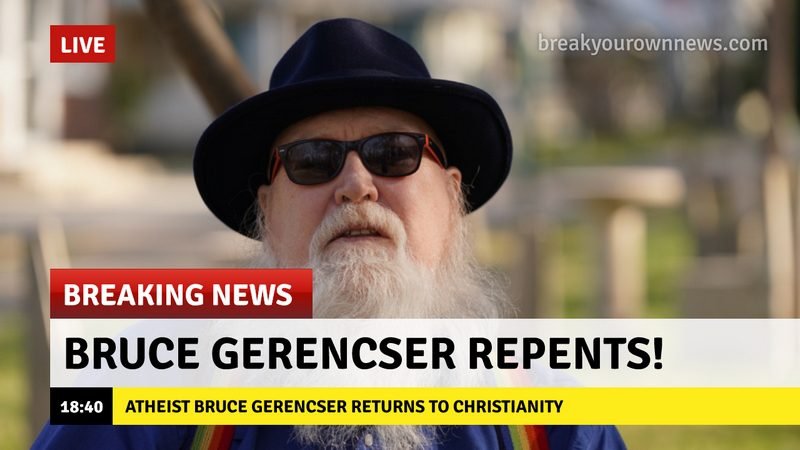
CHARISMA News posted a story titled How the Holy Spirit Prepared This Woman for Her Leukemia Diagnosis. While I certainly sympathize with this woman who has a life-threatening illness, her recounting of what God told her about her affliction provides an excellent example of the schizophrenic, contradictory view many Christians have of God. Here’s what the Holy Spirit — the favorite “God” of Charismatics — purportedly said:
Here, you are about to walk through something. I didn’t do it to you. I’m not causing this. You know, a good Father doesn’t inflict pain on His children, but you’re about to walk through something. But do you trust that I’ve already been where you’re going? Do you trust that I’ve already walked the journey you’re about to walk?
As an atheist, I don’t believe in the existence of deities. Thus, when Christians say they talk to God and God talks to them, I know the only voices they hear are their own; and the only answered prayers are those that are fulfilled by those doing the praying. In other words, for many people, prayer is a mental activity of great value; one that leads them to believe that their peculiar God is not only hearing their prayers, but answering them. There’s no evidence for the claim that God hears and answers prayers. Either you believe he does, or you don’t. Either you have faith, or you don’t. Any cursory examination of one’s prayer life will lead even the most devoted petitioner to conclude that either God doesn’t exist or he is indifferent to the plight of his children. If God is anything, he is like Robert Tilton. You may remember Tilton as the TV evangelist who was caught removing the cash/checks from prayer requests sent to him, and throwing the unread requests in the dumpster.
I know that nothing I say will reach Evangelicals who sincerely believe God is their best friend/buddy/lover. For such people, they just “know” that their God is listening to and talking to them (in a still small voice). They just “know” that the triune God is personally and intimately involved in their lives, even though the evidence suggests otherwise. These beliefs are reinforced weekly at countless Evangelical houses of worship, and on social media, news sites, and blogs. Everything believers hear and read tells them that their presuppositions about God, the Father, Jesus, and the Holy Ghost are true. An atheistic curmudgeon such as myself will be dismissed out of hand as a hater of God/Christianity/Christians. All I know to do is point out the contradictions and absurdities in their claims.
The woman with leukemia in the CHARISMA article believes God told her:
- You are going to walk through “something.”
- Whatever happens, I didn’t cause it.
- Whatever happens, I didn’t do it.
- A good Father doesn’t inflict pain on his children.
- Trust me.
God could have immediately healed this woman, but he didn’t. Why? Why do Evangelicals go through untold pain and suffering, all the while believing that God loves them and has a wonderful plan for their lives; that God only wants what is “best” for them? It seems to me that Jesus, the Great Physician, has great diagnostic skills but is a miserable failure when it comes to stopping pain and delivering Evangelicals from physical afflictions. Well, except for death, anyway. The Bible says Jesus holds the keys to life and death. Based on the obituaries I read, God’s not into healing people. But, killing them? Now that’s a gig he can get into.
Evangelicals supposedly believe God is omnipresent, omniscient, and omnipotent. In other words, God is all-powerful and sees, hears, and knows everything. Evangelicals supposedly believe God is the sovereign creator and ruler of the universe; that nothing happens that isn’t according to God’s purpose and plan. Evangelicals supposedly believe that God is intimately involved in their lives. How do we square these commonly held beliefs with what the Holy Spirit allegedly said to the woman with leukemia?
According to the Bible, God uses pain, suffering, and loss to test, try, and chastise his children. Unless God has outsourced these things, he alone is responsible for what this woman went through, and what every Christian goes through when facing the various maladies that afflict the human race. If God is not responsible for these things, who is? And should whomever the person/being is, be the God we worship? Shouldn’t worship be reserved for whoever is in charge?
The real issue is that Christians such as this woman know that believers with cancer and other dreaded diseases put God in a bad light. Evangelicals say God loves and cares for them, hears their every prayer, and promises to never leave or forsake them. It is clear, at least to me, that God is nothing, if not indifferent and negligent. Again, this woman knows how things look, so she goes out of her way to defend God’s honor and to exempt him from any culpability. God said, Hey, don’t blame me for your leukemia. I didn’t do it!
According to this woman, the Holy Spirit told her that God never inflicts pain on his children. Evidently, her Bible must not contain the plethora of verses that show a violent God raining down all sorts of pain and suffering on Christians and non-Christians alike. And if the Bible is not enough evidence, go to any Evangelical church and you will find countless people in pain — be it physical or emotional. The Holy Spirit lied to this woman. Pain is very much a part of the human experience. One’s faith or lack thereof does not exempt one from pain and suffering. If God is who Evangelicals say he is, then he’s to blame for the afflictions of the human race.
The voice this woman heard in her head was her own. The Holy Spirit’s words reflect how she views God, not some message from him. At best, God “speaking” to her is a coping mechanism; a way to make sense of what she was going through. All of us find ways to deal with pain and suffering — even atheists. The difference for the atheist, of course, is that he or she lives in a world where human afflictions are explained scientifically, not through appeals to magic. It sucks that this woman had leukemia. However, any healing that comes her way will be the result of human instrumentality, not divine intervention. For the atheist, in science we trust. While certain forms of spirituality might have a cathartic effect, when it comes to treatment, what we need are trained medical professionals, not ancient imaginary deities.
Bruce Gerencser, 67, lives in rural Northwest Ohio with his wife of 46 years. He and his wife have six grown children and sixteen grandchildren. Bruce pastored Evangelical churches for twenty-five years in Ohio, Texas, and Michigan. Bruce left the ministry in 2005, and in 2008 he left Christianity. Bruce is now a humanist and an atheist.
Your comments are welcome and appreciated. All first-time comments are moderated. Please read the commenting rules before commenting.
You can email Bruce via the Contact Form.









